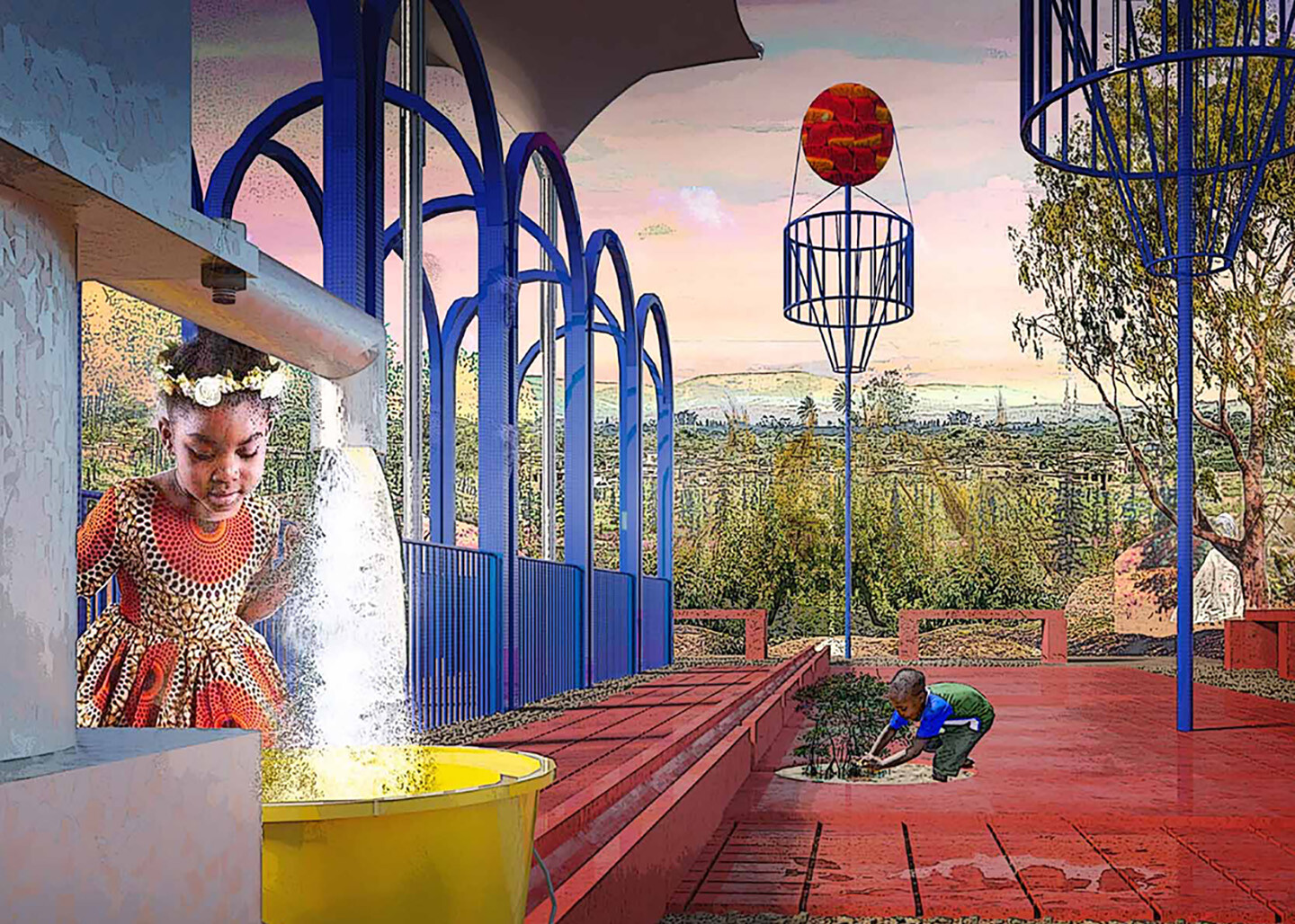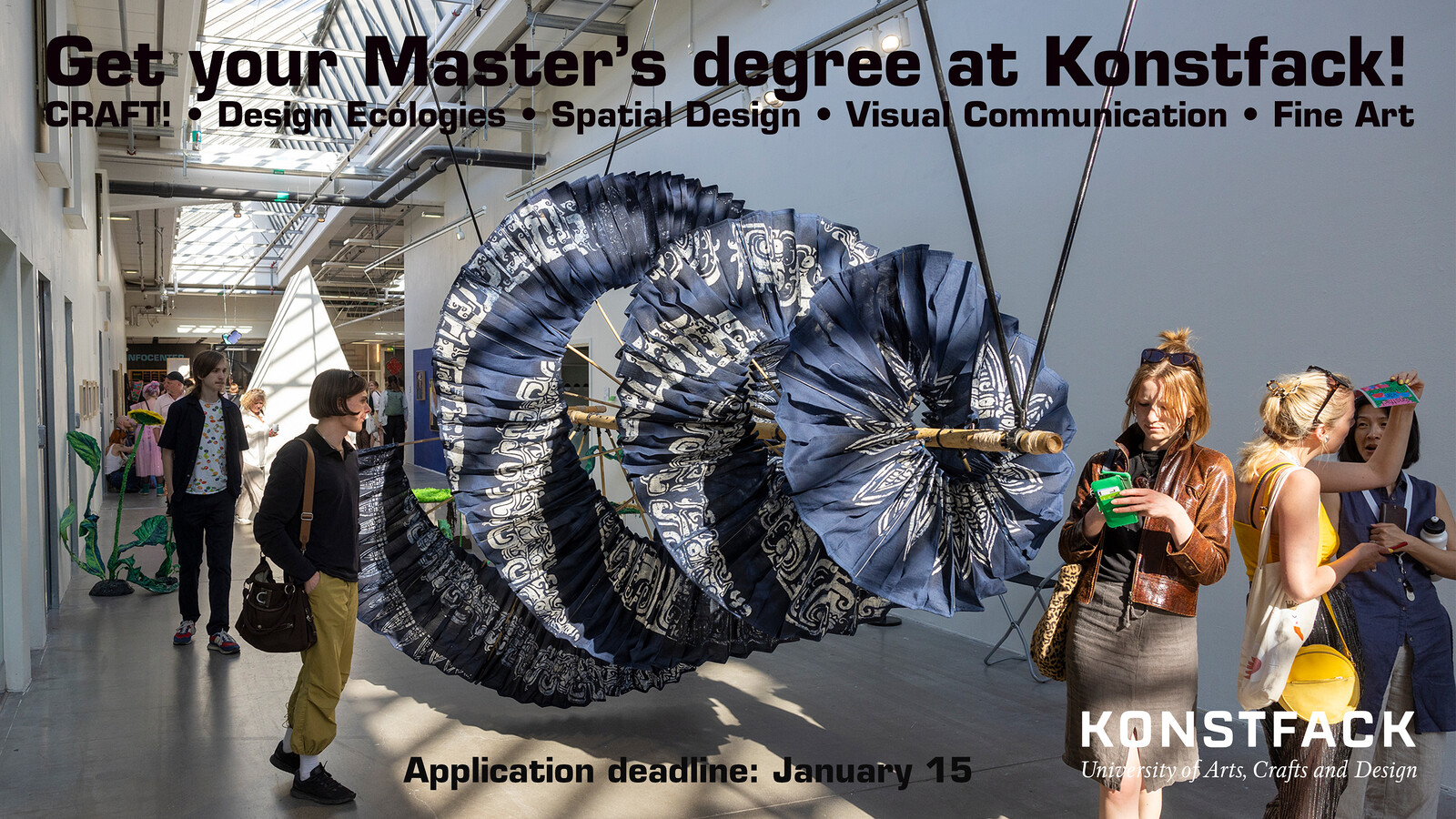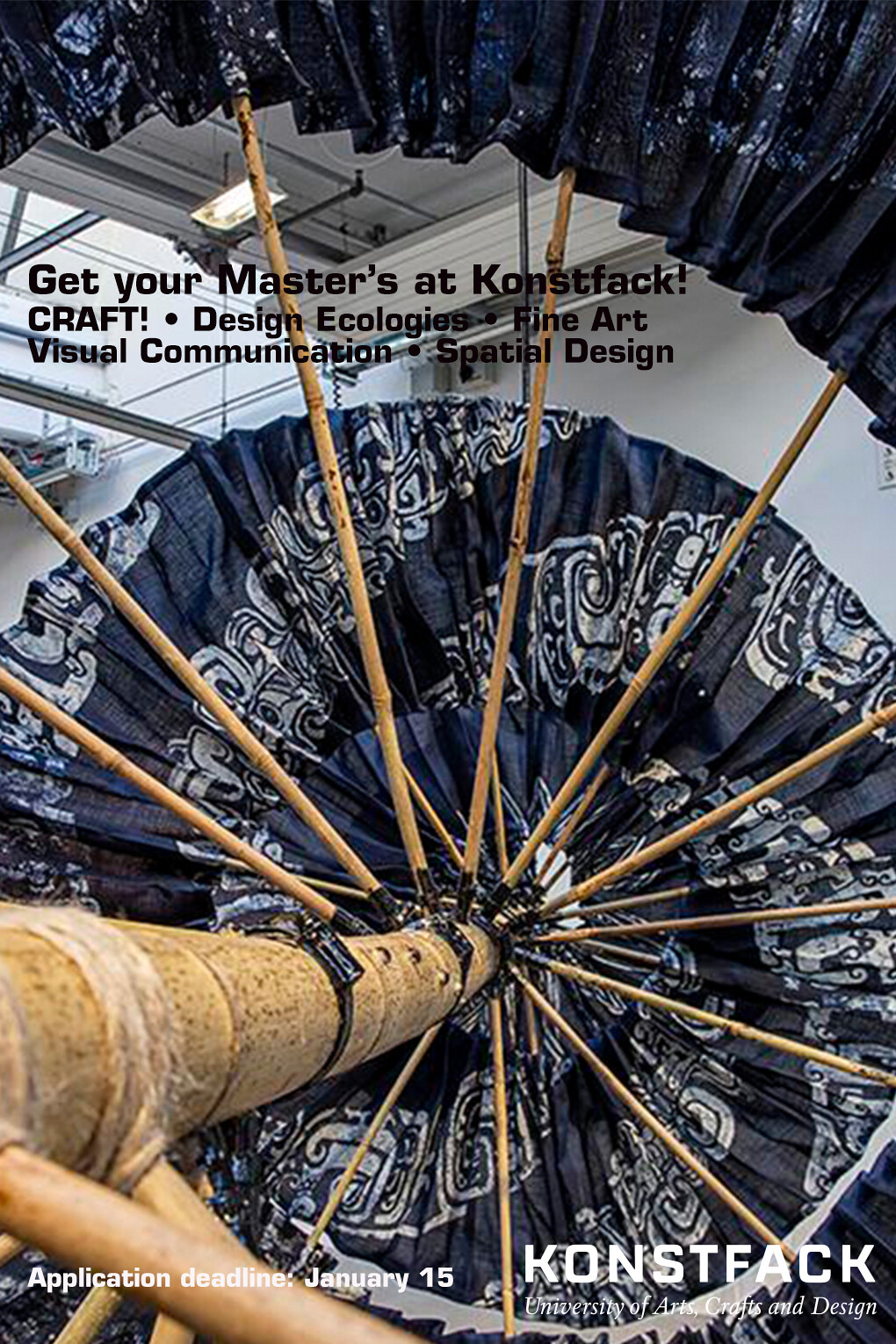Granary Building, 1 Granary Square
King’s Cross
N1C 4AA London
England
Postgraduate courses in Spatial Practices
MArch: Architecture
In a world where established customs, systems and structures are increasingly unstable, we need a different kind of architectural thinking. On MArch: Architecture, you will address the challenges of contemporary society through the built environment. The course provides you with the second degree in the professional pathway toward registration as an architect—commonly referred to as Part II.
Course length and mode: Two years extended full-time (79 weeks). Devised in collaboration with students, extended full-time is a study mode which sits between full-time and part-time. It allows students to maintain a balance between the competing demands of contemporary life and the pace of postgraduate study in an arts and design college.
MA Cities
MA Cities creates city-making practices that foreground social and climate justice. Through a critical and experimental approach, you will challenge conventions of urban development and regeneration, exploring new forms of knowledge exchange through culturally engaged participatory processes.
Course length and mode: Two years extended full-time (60 weeks). Devised in collaboration with students, extended full-time is a study mode which sits between full-time and part-time. It allows students to maintain a balance between the competing demands of contemporary life and the pace of postgraduate study in an arts and design college.
MA Narrative Environments
MA Narrative Environments designs spatial stories. Narrative environments are spatial stories that can be found across cultural, civic, technological and digital spaces. Narrative environments activate dynamic histories, forward immersive presents and propose futures. On this course, you will develop theoretical and practical expertise in designing narrative environments. Working across spatial design, speculative design, social and systems design, you will learn to compose interactive stories that explore systems and phenomena of science, technology, politics, society and culture in new ways.
Course length and mode: Two years extended full-time (60 weeks). Devised in collaboration with students, extended full-time is a study mode which sits between full-time and part-time. It allows students to maintain a balance between the competing demands of contemporary life and the pace of postgraduate study in an arts and design college.
Open days
Our next open days will be held on Wednesday May 3 (in person) and Thursday May 4 (online). Book your place here.
About Spatial Practices at Central Saint Martins
The contemporary city is subject to ever-increasing fxity and control. Its physical spaces and places are constrained by regulation and the powerful forces of commodifcation, and this rigidity renders the city incapable of responding to the social, the temporal, and the political aspects of everyday life. Spatial practice ofers an alternative for spatial education, addressing these dilemmas. our critical approach focuses on the production of space, where space is a social construction. this shifts the emphasis from space alone, to the processes of its creation. We value indeterminacy and fuidity, and open up our practice to experimentation, uncertainty, risk and surprise. to complement this approach, we embrace the radical potential of engaging in the world outside the university. through live projects with external communities, agencies and organisations, we nurture a constant negotiation between complicity and resistance; a negotiation between the physical necessities of production, versus the temporal acts of social and political agency.
In our art school environment, richly endowed with workshops and specialist technicians, our emphasis is on both the critical and the cultural but also the practical and organizational arts of making, which have powerful potential. The project work of students and researchers, whether in the form of physical structures, user experiences, design methodologies or critical actions, is always underpinned by working within collaborative, multidisciplinary teams. running through all of these agendas is the key premise that the human environment is alive with agency, and as we shape our environment, our environment shapes us. Spatial practices develops critical and creative practitioners who can design for, and refect upon, the human environment as an ever-changing crucible of ideas, places, needs and desires.



